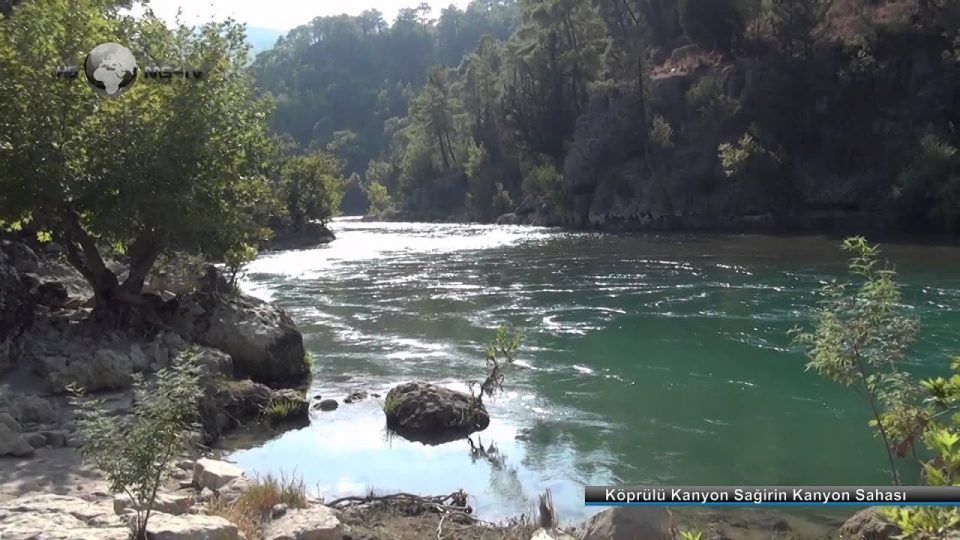1 – Sapiens: A Brief History of Humankind: Yuval Noah Harari, 2014. This book is not exclusively about Neanderthals, but it covers the topic in-depth. It explores the history of humankind from the emergence of Homo sapiens in Africa to the present day, covering topics such as the Cognitive Revolution, the Agricultural Revolution, the Scientific Revolution, and the rise of capitalism. The book argues that Homo sapiens’ ability to create and believe in shared myths allowed us to cooperate in large groups and create complex societies. The author discusses the differences between Homo sapiens and Neanderthals, arguing that the former were better at cooperation and hence were more successful at building large-scale societies. The book also covers the recent scientific discoveries about Neanderthals, such as their genetic interbreeding with Homo sapiens and their abilities to create tools and art.
2 – The Neanderthals Rediscovered: How Modern Science Is Rewriting Their Story: Dimitra Papagianni and Michael A. Morse, 2015. This book provides an overview of what we know about Neanderthals and how our understanding of them has changed over time. It covers topics such as the discovery of the first Neanderthal fossils in the 19th century, the early debates about their intelligence and culture, and the recent genetic and archaeological discoveries that have shed new light on their lives. The authors also discuss the possible reasons for the extinction of Neanderthals, such as competition with Homo sapiens for resources, climate change, or a combination of factors.
3 – The Last Neanderthal: A Novel: Claire Cameron, 2017. This book is a work of fiction that imagines the life of a Neanderthal woman named Girl. The story takes place 40,000 years ago in what is now France, and it follows Girl as she tries to survive in a world that is changing rapidly. The novel alternates between Girl’s story and the story of a present-day archaeologist named Rosamund, who is trying to uncover the truth about Neanderthals. The book explores themes such as family, identity, and what it means to be human.
4 – Neanderthal Man: In Search of Lost Genomes: Svante Pääbo, 2014. This book is written by the geneticist who led the team that sequenced the Neanderthal genome. It provides an overview of the scientific methods used to sequence the genome and the implications of the findings. The book covers topics such as the genetic differences between Homo sapiens and Neanderthals, the evidence for interbreeding between the two species, and the implications for our understanding of human evolution and biology.
5 – The Humans Who Went Extinct: Why Neanderthals Died Out and We Survived: Clive Finlayson, 2009. This book explores the reasons for the extinction of Neanderthals and the survival of Homo sapiens. The author argues that the key to Homo sapiens’ success was our ability to adapt to changing environments and to innovate in response to challenges. The book covers topics such as the cultural and technological differences between the two species, the evidence for interbreeding and hybridization, and the impact of climate change on both Neanderthals and Homo sapiens.
6 – The Neanderthal Legacy: Paul Jordan, 1995. This book provides an overview of the history of Neanderthal research, from the early discoveries to the present day. The author covers topics such as the early debates about the intelligence and culture of Neanderthals, the evidence for their use of tools and fire and their adaptation to different environments. The book also covers the recent scientific discoveries that have shed new light on Neanderthals, such as the sequencing of the Neanderthal genome and the evidence for interbreeding with Homo sapiens.
7 – Neanderthal: John Darnton, 1996. This novel is a work of fiction that tells the story of a team of archaeologists who discover a frozen Neanderthal man in a remote part of Russia. The novel alternates between the story of the Neanderthal man and the story of the archaeologists who are studying him. The book explores themes such as evolution, human nature, and the relationship between science and politics.
8 – The Neanderthal’s Necklace: Juan Luis Arsuaga, 1998. This book is written by one of the leading experts on Neanderthal research. It provides an overview of what we know about Neanderthals and their way of life, based on archaeological and fossil evidence. The author covers topics such as the Neanderthal diet, their use of fire, their social structure, and their cognitive abilities. The book also discusses the possible reasons for their extinction, including competition with Homo sapiens and environmental factors.
9 – The Emergence of Humans: Pat Shipman, 2015. This book provides an overview of human evolution, including the emergence of Homo sapiens and the extinction of other hominid species such as Neanderthals. The author argues that the key to Homo sapiens’ success was our ability to adapt to changing environments and to innovate in response to challenges. The book covers topics such as the cognitive and cultural differences between Homo sapiens and Neanderthals, the evidence for interbreeding between the two species, and the impact of climate change on human evolution.
10 – Almost Human: A Journey into the World of Baboons: Shirley C. Strum, 1987. This book is not exclusively about Neanderthals, but it explores the topic in an interesting way. The author studies the behavior of baboons in Kenya and draws parallels between their social organization and that of early hominids such as Australopithecus and Homo erectus. The book covers topics such as tool use, social hierarchies, and communication, and it offers insights into the evolution of human behavior. While the book does not focus exclusively on Neanderthals, it provides a fascinating perspective on the broader topic of human evolution.












